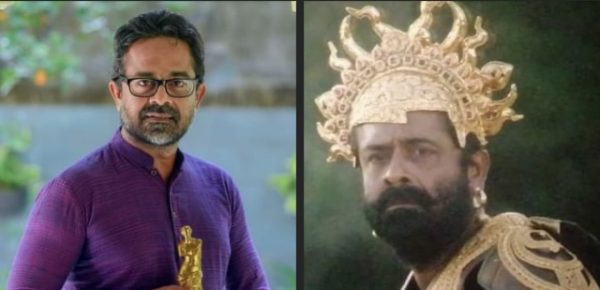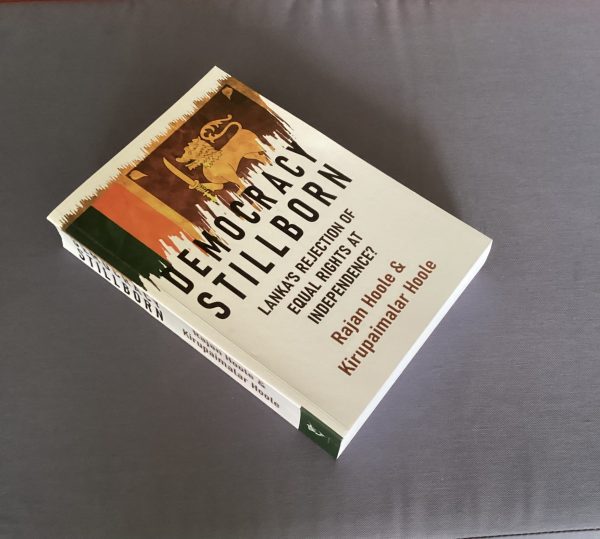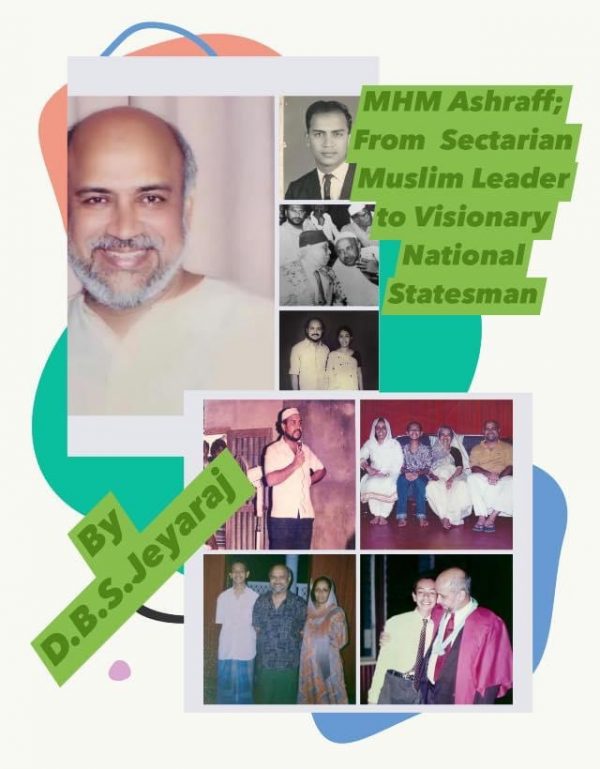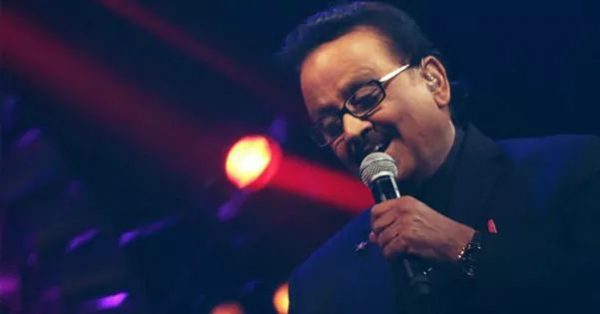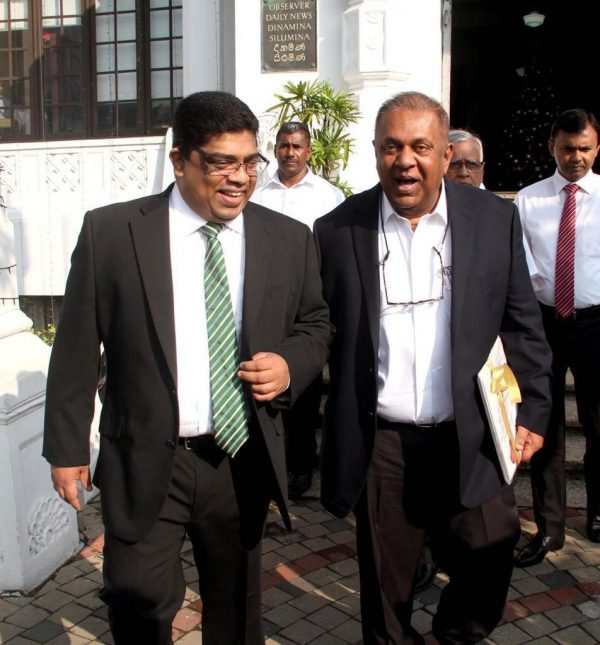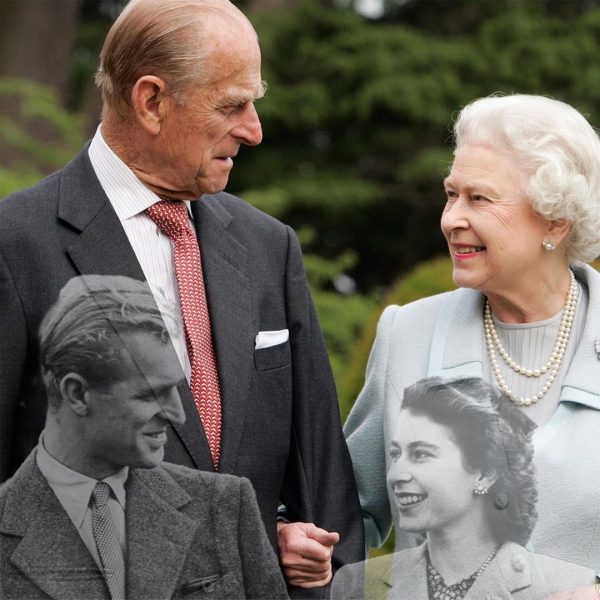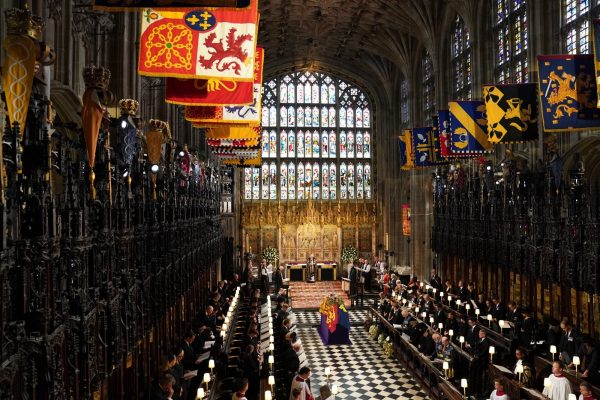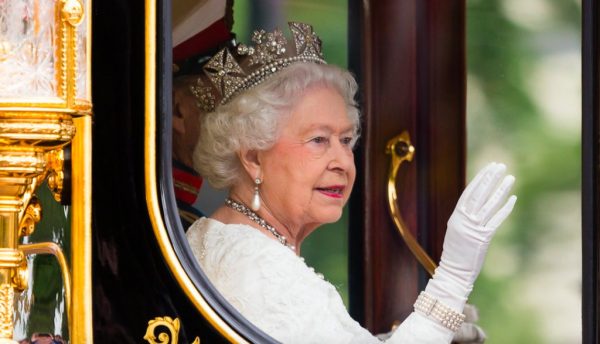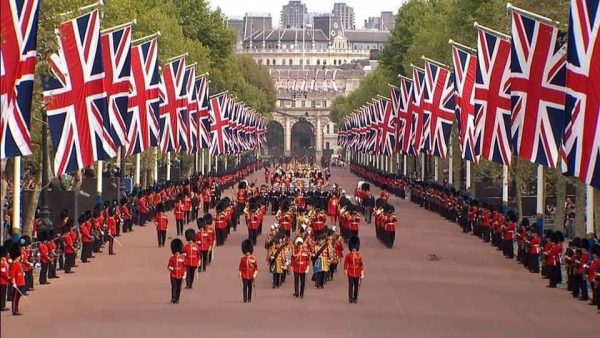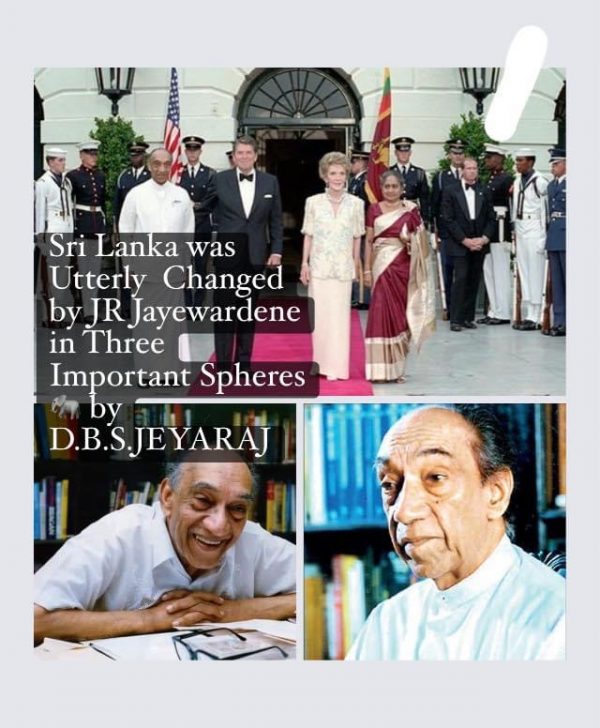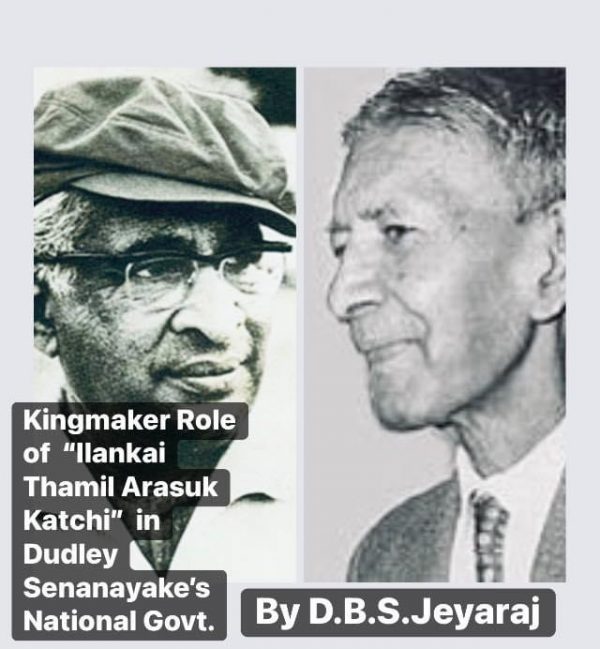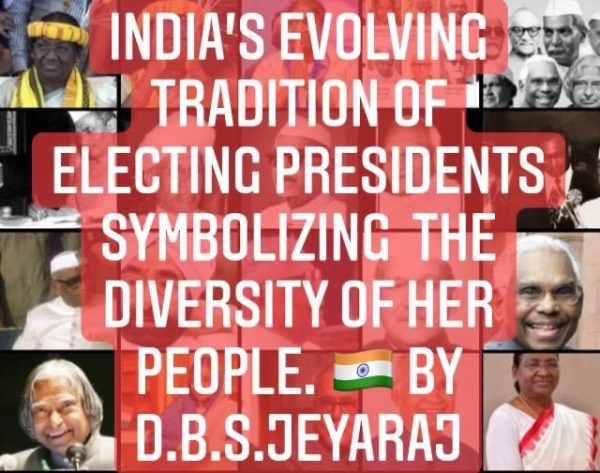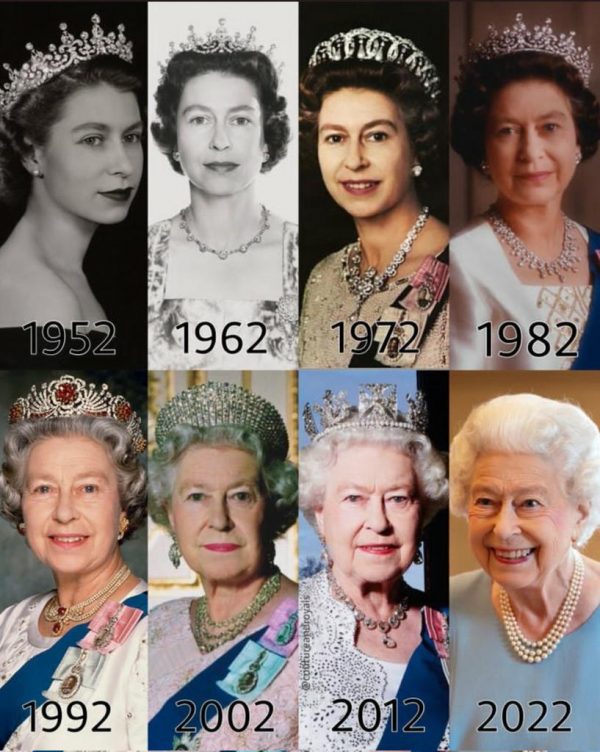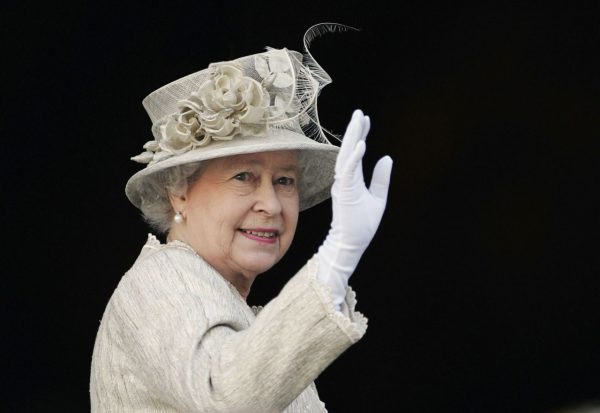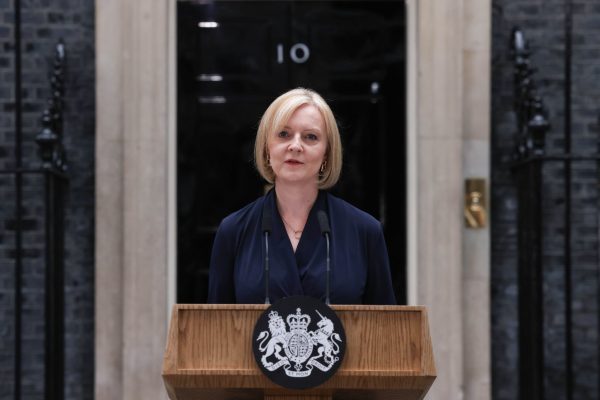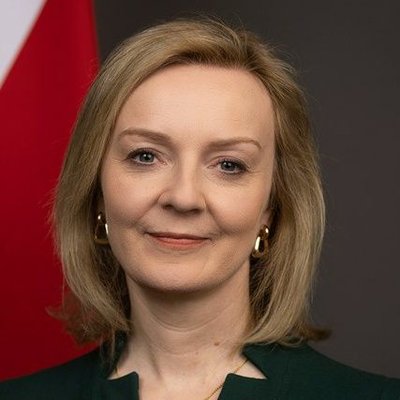By
Kishali Pinto-Jayawardene
There is a deep tragedy at the heart of Sri Lanka’s constitutional, financial and legal paralysis that we must understand.
‘Eating’ political propaganda
Some years ago, infuriated supporters of a drug baron turned vassal of the Rajapaksas lashed out at a courageous forest officer who protested against the destruction of the environment by politicians, asking ‘are we to eat oxygen’? Now, Southern communities reduced to scraping for daily existence due to reckless decisions taken by corrupt ‘kings’ on whom they lavished unstinted adoration, may perhaps ask themselves another question.
Can they ‘eat’ the political propaganda of the ‘magnificent Sinhala majority,’ which they and their unfortunate children have been nourished on, for most of their lives? In a special report last month following a crop and food security assessment mission to the country, the Food and Agriculture Organization (FAO) along with the World Food Programme (WFP) warned about ‘acute food insecurity’ in Sri Lanka. The report cautions that, ‘nearly 30 percent of the population are experiencing acute food insecurity and (that the situation) will likely deteriorate further unless urgent assistance is provided.’
This is cause and effect in the most classic of consequential processes, the direct result of allowing a coterie of foolish and ignorant men to take the most fatal of decisions affecting the lives of millions. Even so, the question is not about their foolishness or their ignorance (evidenced from beginning to end, as it were) but rather, about how an entire population of (not entirely foolish) men and women allowed this to happen? Ergo, the decades-long crippling of the democratic nation-state and the monstrous growth of a xenophobically communalistic political behemoth lodged in the innards of the State which refuses to die.
